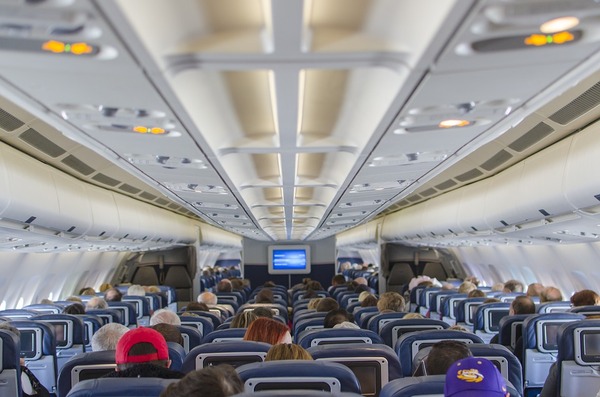Re-Entry Shock and Adapting Back to GustavusCenter for International and Cultural Education
Welcome back!

We know that the period of re-entry to the U.S. or even just your home state can present some unique and often unforeseen challenges. Here is some information that may help you as you reacclimate to life at home and at Gustavus.
What is re-entry shock?
A lot of folks anticipate feeling overwhelmed, homesick, or just out-of-sorts when they arrive in their study away destinations, but not everyone thinks ahead to what it might be like to return home. Having been away for a while, and perhaps finding that you adapted to your new home and grew to like living there, you may find yourself feeling stressed about or struggling with the adaptation back to life at home. Known as re-entry shock, this experience can take one or more of many forms. For example:
- You may feel that you have changed in ways that make returning to your 'old life' difficult.
- You may have experienced life in a very different culture, geographic environment, or economic conditions. For example, students who study in countries that are far poorer than the U.S. sometimes struggle after returning with the overwhelming feeling that we are too consumeristic and wasteful here.
- You may find that you are frustrated with how life here at home moved on without your involvement. For example, friendships shift, people make decisions that you don't hear about, etc.
- You may worry that the incredible personal changes you experienced are going to be undone by reacclimating at home.
- You may also worry that you will lose the often very special friendships that develop in study away settings.
- You may feel depressed about how 'boring' daily life at home feels.
These are all quite normal feelings and experiences – so you are not alone! Re-entry shock is a part of the psychological adjustments that most of us must make when we return to our more typical lives after an intense experience like study away.
Resources and tips for readjusting once you're home.
Here are some resources and ideas to help ease your readjustment:
- Talk about it. Sharing your experiences and why they were valuable and important to you is the best thing you can do to help you codify for yourself why the experience was valuable and to ease feelings of 'losing' what you gained. While not everyone wants to talk about the intensity of the experience – some folks, including our friends, just want the what-happened-on-vacation version of the story and to see a few highlighted photos – there are folks who want to hear more. CICE team members, your academic advisor, other recent returnees – we're all interested.
- Talk about your feelings and strategies for coping with them. If the feelings are intense, talk to someone at the Counseling Center. It's why they're here, and they're happy to help you.
- Find venues for more formal sharing. Is there a prof who might like you to talk about your experiences in class? Is there a student organzation (e.g., Spanish Club, if you studied in a Spanish-speaking country)? Being able to give a more formal presentation gives you a chance to communicate why the experience was important to you.
- Work on the narrative for job searching and/or grad school essays. Just saying that you studied away does not communicate the full value of what you gained. Learn how to tell the story in terms that resonate with prospective employers or grad school admission committees. Talk with folks ar Career Deevlopment and/or attend a joint CICE/Career workshop. This process also helps you better understand what you gained and reduces anxiety about losing it.
The remaining pages in this section give you more ideas about how to put what you learned to good use, as well as additional opportunities for global engagement during and after your time at Gustavus.